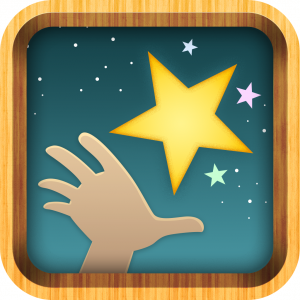Apps for Autism

In fact, there are currently over 200 apps for autism, according to speech pathologist Lois Brady. Some apps, like TOBY Playpad, help caregivers teach children early learning concepts. Others, like Proloquo2go and TapToTalk, help users overcome difficulties with speaking and communication. AutismXpress helps users identify emotions. And one app, called Look in My Eyes, helps individuals practice eye contact. Some suggest the technology has revolutionized autism treatment.
Technology has transformed how we diagnose disorders, understand illness, interact with medical authorities, and even relate to our own bodies. In a 2010 article in the Journal of Health and Social Behavior, sociologists Monica Casper and Daniel Morrison argue that these transformative technologies include vaccines, ultrasound machines, artificial joints, genetic mapping, and even electronic medical records.
Some suggest that these technologies help drive medicalization, the process through which personal problems are defined as medical concerns. But sociologist Andrew Webster, writing in Current Sociology in 2002, argues that technology is not necessarily expanding medicine’s domain. By “open[ing] the medical black bag,” he writes, technology may in fact loosen doctors’ control over treatment.
While some therapists incorporate apps into their treatment, one doesn’t need to consult a doctor or obtain a prescription to benefit from them. Clearly, they allow consumers to take medical treatment into their own hands. But apps aren’t for everyone. Nor can everyone afford these technologies. And some people, in the end, prefer to interact with a good old-fashioned human being.

Comments 1
Victor W. Perez
July 28, 2013Jessica,
I appreciate your discussion of technology and medicalization and enjoyed reading the brief. If I may add one sidenote: the role of technology cannot be understated in the expanding "informed medical consumer" movements, but we must be cautious of its effects. Apps can reflect evidence-based practice, give good results, and even catalyze users to seek needed medical care. They can empower individuals who have shared, embodied experiences with others using the apps and direct medicine's next questions and terrain. However, apps and websites can be also dumbed down and out-of-context versions of DSM questions/"criteria" and other information that a user can self-diagnose with, sometimes needlessly or erroneously (i.e., disease mongering). Either way, you see technology driving both expanding medicalization/domain and the de-professionalization of medicine.